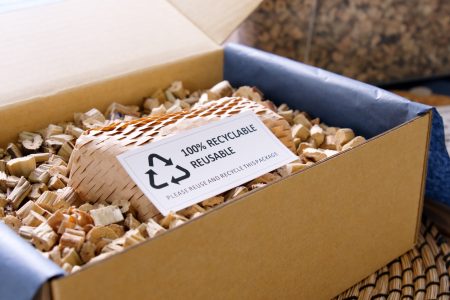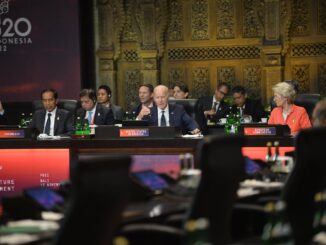
The European Parliament approved on Tuesday (23 April) new rules to make products sold in the EU more reusable, repairable, upgradeable, and recyclable.
The leading lawmaker on the file, socialist Alessandra Moretti from Italy, said it was “time to put an end to the ‘take, make, throw away’ model that is so harmful to our planet, our health and our economy”.
A key element of the Green Deal, the revised ‘Ecodesign regulation’ is part of the circular economy package, which aims for the EU to use and reuse materials far more efficiently. The package also contributes towards the EU’s goal of having net zero greenhouse gas emissions by 2050 and should reduce harm to the environment.
Developing recycling and sustainability
According to Eurostat, just under 13% of materials were recycled and reintroduced into the European economy in 2020.
The new ecodesign rules will update the current 2009 directive, which exclusively concerned energy-related products, in terms of efficiency and circularity. This text led to a 10% reduction in the annual energy consumption of the products concerned.
Wider scope and more transparency
The law adopted by Parliament calls on the Commission to give priority to resource-intensive sectors such as iron, steel, aluminium, textiles, furniture, tyres, detergents, paints, lubricants, and chemicals. However, under the agreement reached between the European institutions, motor vehicles are excluded from the regulation.
The text introduces digital ‘product passports’ which contain information on performance, traceability and compliance requirements. This data will be accessible to consumers on a public web portal, to help them make more informed purchasing choices.
To encourage recycling, economic operators will have to declare each year the quantities of products discarded and the reasons for their destruction.
The rule specifically prohibits the destruction of unsold clothing, clothing accessories and footwear, two years after the law comes into force. In the future, the Commission will be able to add additional categories to the list of unsold products that may not be destroyed.
Implementation
The text now needs the final approval from national governments to enter into EU law.
Monique Goyens, director general of BEUC, the European consumer organisation, concluded that “the framework needs to be implemented quickly. (…) it is essential that the European Commission and member state market surveillance authorities allocate resources to the development and application of the new rules.”



